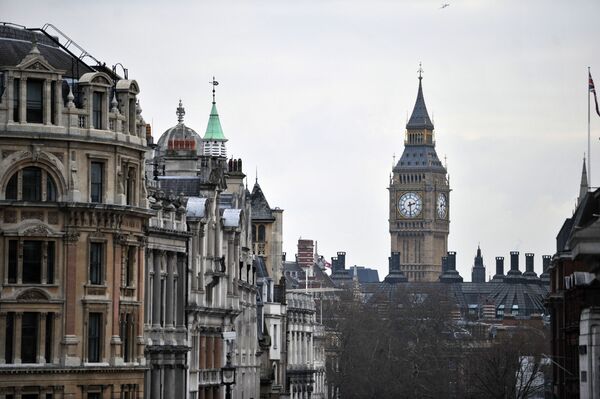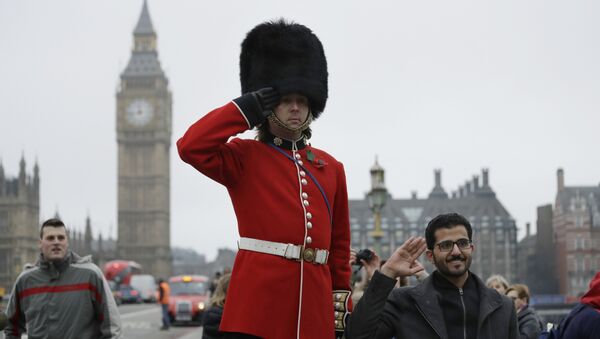The research, from Durham University's Department of History, has found evidence of a widespread policy of surveillance and action against suspected communist workers in government dockyards, ordnance factories, and other industrial sites.
The findings, which have been drawn from government documents released to the UK National Archives, show surveillance tactics such as mail interception and tailing, were used to monitor industrial workers. Thousands of workers were affected, as the government employed about 125,000 industrial workers in the interwar years.
Research by Jennifer Luff @durham_history reveals British government’s history of secret anti-communist surveillance https://t.co/mBemZHmjBU pic.twitter.com/RarFxsA8XU
— Durham University (@durham_uni) June 15, 2017
Many were denied employment, or removed, from the Civil Service as a result of the surveillance and their future employment may also have been inhibited.

The new research follows previous revelations that news and current affairs journalists, film editors, directors and producers in the BBC had been vetted by the Security Services, with the personnel files of supposed communist sympathizers being marked with a 'Christmas tree' symbol.
"The scale of the surveillance program undertaken by the British government was truly remarkable. At one point, MI5 were checking over 25,000 names a month and yet the British public knew nothing about this," said Dr. Jennifer Luff, Associate Professor of Modern American History, Durham University.
"Workers were monitored and blacklisted from government employment without the opportunity to see or challenge the evidence presented against them," she said.
Whilst the program exposed by Durham University was successful in identifying and prosecuting some individuals for treason and espionage, the extent, nature and duration of the surveillance raises questions around civil liberties and privacy. The policy was kept secret by the government and repeatedly denied by Cabinet officials, including Prime Minister Stanley Baldwin.
'Deep Concern'
Records show that workers were monitored for the smallest of reasons despite the fact that communism was not illegal. Surveillance often lasted decades before concluding the targets were innocent.
There is also evidence that the British government monitored workers in private firms working under military contracts.
"After the General Strike in June 1926 there was deep concern within the War Office and MI5 that Communists could infiltrate Britain's ‘war machine.' The Cabinet took a secret decision that active Communists could be discharged without pension, and workers who merely subscribed to Communist beliefs should be removed through attrition," Dr. Luff said.


